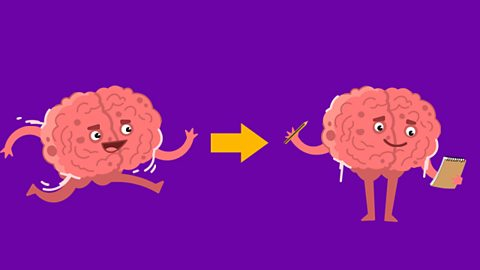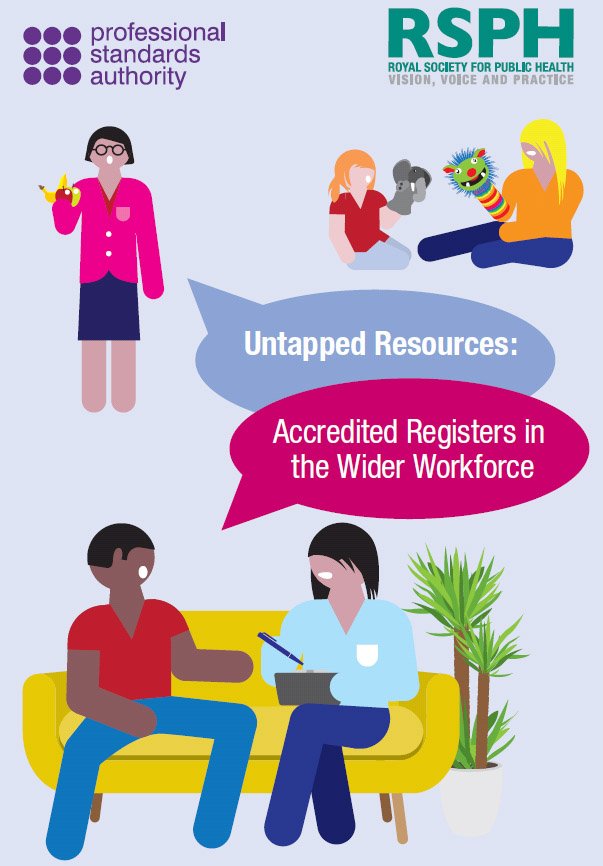News - Page 13
Study shows that The Daily Mile is the perfect partner for learning
Monday, 12 February 2018
A child’s attention and memory improves after exercise according to new research conducted by primary school pupils and supported by the Universities of Stirling and Edinburgh.
Pupils’ best responses to tests came after physical activity that was set at their own pace – exactly what The Daily Mile offers pupils.
More than 11,000 school pupils across the UK conducted a scientific investigation to discover the impact of completing a physical activity on their mood and cognitive abilities.
Dr Brooks from the University of Stirling explained
"Ultimately, we found that 15 minutes of self-paced exercise can significantly improve a child’s mood, attention and memory - enhancing their ability to learn."
Following the run/walk, children’s ability to remember words in sentences improved.
"Overall, our study concluded that exercising leads to improvements in children’s mood and cognition"Dr Moran from the University of Stirling said.
This suggests that children should be encouraged to exercise at their own pace during short breaks from class. This exercise should be in addition to normal physical education and when the class teacher thinks the class would benefit the most from a break.
The Daily Mile focuses on 15 minutes of physical activity, every day, during which children are encouraged to walk, jog or run at their own pace.
Read more about the study at http://www.bbc.co.uk/guides/zq3hxfr

NICE low back pain guidelines: opportunities and obstacles to change practice
Tuesday, 30 January 2018
The National Institute for Health and Care Excellence recently updated its low back pain (LBP) guidelines with an infographic developed to help interpret the recommendations. The guidelines contain several key directives, which, could significantly impact on the care of patients with LBP. Established evidence-based messages, including the need for more cautious referral for some investigations and treatments including imaging, medication and surgery, are reinforced, with a clear emphasis on self-management. Considering psychosocial factors at an early stage is also advocated, and a shift to targeting care based on a person’s multidimensional risk profile.
The article answers the following key questions - Which treatment option for whom? Will baseline screening help? What are the key knowledge gaps? The article goes on to look at questions related to considerations for future implementation, including can clinicians do this? Will healthcare systems facilitate this? And are patients ready for this?
Read more at http://bjsm.bmj.com/content/51/22/1632
Exciting news from the Rugby Football League
Saturday, 06 January 2018
Sport Rehabilitators are now eligible to sit the IMMOFP course

We are delighted to announce that BASRaT registered Sport Rehabilitators are now eligible to sit the IMMOFP course for the coming 2018 season.
This exciting development brings rugby league in line with the medical standards of other sports such as rugby union and provides our registrants with further opportunities to work in elite sport.
The RFL have recently announced that they have broadened the range of practitioners who are eligible to sit the Immediate Medical Management On the Field of Play course in 2018.
BASRaT Committee members have been working closely with the RFL to help enable this development.
Find out how to book - for BASRaT members only For full information on the RFL IMMOFP course and how to book your place click here. Applicants must hold BASRaT membership.
Our Chairman, Steve Aspinall, explains in a blog post for the RSPH website, why the accredited registers workforce has such a vital role to play in supporting the public's health.
Monday, 11 December 2017

We face some stark health inequalities in the UK, with a 20-year difference in life expectancy between our most and least deprived areas. We also have 6 out of 10 adults who are overweight or obese and can currently expect 96,000 tobacco related deaths each year.
Utilising the nearly 80,000 strong accredited registers (AR) workforce is not only a great idea that can change the health of our nation, it is also a pragmatic approach to a problem that has challenged our more traditional healthcare workforce for a number of years.
This resonates even more strongly with BASRaT-accredited Sport Rehabilitators who have been proponents of using physical activity and exercise as both prevention and medicine for a number of years. Physical activity improves sleep, helps maintain a healthy weight, manages stress, improves the quality of life as well as reducing the chances of type 2 diabetes (-40%), cardiovascular disease (-35%), falls, depression and dementia (-30%), joint and back pain (-25%) in addition to reducing colon and breast cancer by up to 20% (1). It makes perfect sense that the strong AR workforce should be in an ideal position to help improve public health; our practitioners spend a lot a time with patients, frequently up to an hour, and develop strong therapeutic relationships that lend themselves to a wider health assessment and interventions for both prevention and treatment.
RSPH's recent report, Untapped Resources: Accredited Registers in the Wider Workforce, identifies clear challenges that we need to overcome in order to utilise the extensive AR resources effectively. The majority of the wider medical professions are either still unaware of the wider AR workforce or don’t realise how much they can contribute to public health and reducing the burden of disease in modern society, although we can already see this changing and I hope with the advent of this report, we will see even more positive steps being taken.
One obvious barrier, especially for patients in more deprived areas, is the current lack of financial support when a patient wants to access AR practitioner services. This is clearly something that needs addressing in light of the financial benefits of keeping our population healthy for our health service and wider economy, and I am sure will be at the heart of future discussions with stakeholders. To support this, members of the AR workforce need more authority to make appropriate direct NHS referrals, freeing up GP time that could be much better used elsewhere; this is something that Sport Rehabilitators already do to a large extent in private settings and it makes perfect sense to review the authority for making referrals in different settings. Going hand in hand with this, is the local development of signposting information for AR practitioners so they have a directory of local healthy lifestyle services to enable appropriate referrals and making the most from every patient contact.
From the perspective of BASRaT, healthy lifestyles are directly relevant to the reasons many patients see our registrants. Sport Rehabilitators are trained to support behaviour change, especially as it relates to making healthy lifestyle choices and using PA and exercise as interventions to combat the burden of disease in the 21st century. We look forward to a more integrated and proactive healthcare workforce that fully utilises the registrants of the AR occupations, and a healthier UK!
View the Untapped resources report here https://www.rsph.org.uk/about-us/news/guest-blog-untapped-resources.html
Do sports medicine clinicians have credible alternatives to knee arthroscopy for the degenerative knee?
Friday, 03 November 2017
BJSM, October
This article proves useful and practical reading for alternatives to arthroscopy, it recommends not limiting treatment to one form of exercise therapy, looks at what will work best for the patient and explores combinations of different exercise therapies.
At least 10 randomised controlled trials and a systematic review attribute knee arthroscopy with a clinically insignificant benefit, and shows no benefit when compared with a cost-effective, supervised exercise therapy programme. The article covers information that practitioners need to know about their patient, weight management and what the patient should expect as part of their treatment.
A recent survey illustrated a lack of knowledge of current guidelines to recommend supervised exercise therapy and education. 44% of respondents were unaware of evidence against arthroscopy. The article recommends engaging with the evidence, attending courses to increase knowledge base and having confidence to provide appropriate exercise therapy. Key things to do now, to help patients, provides the summary of this very useful piece.
Read more at http://bjsm.bmj.com/content/early/2017/10/18/bjsports-2017-098166


